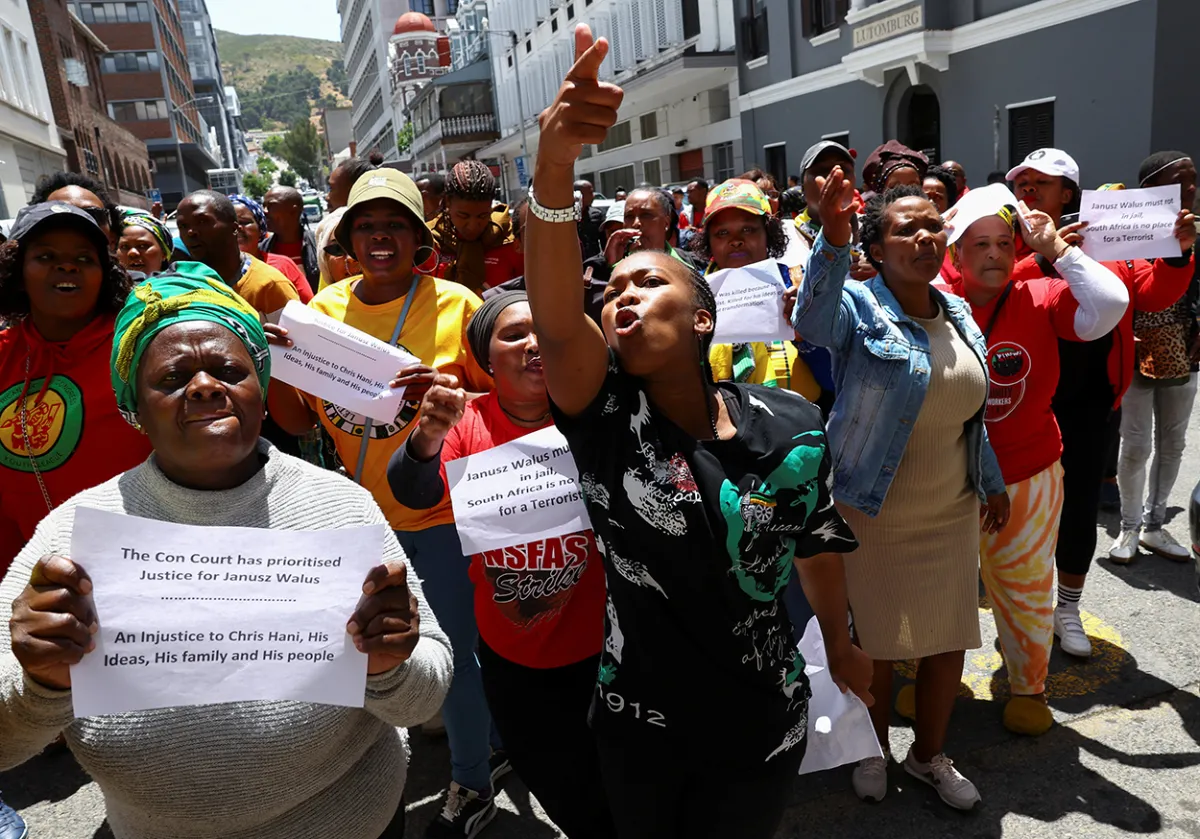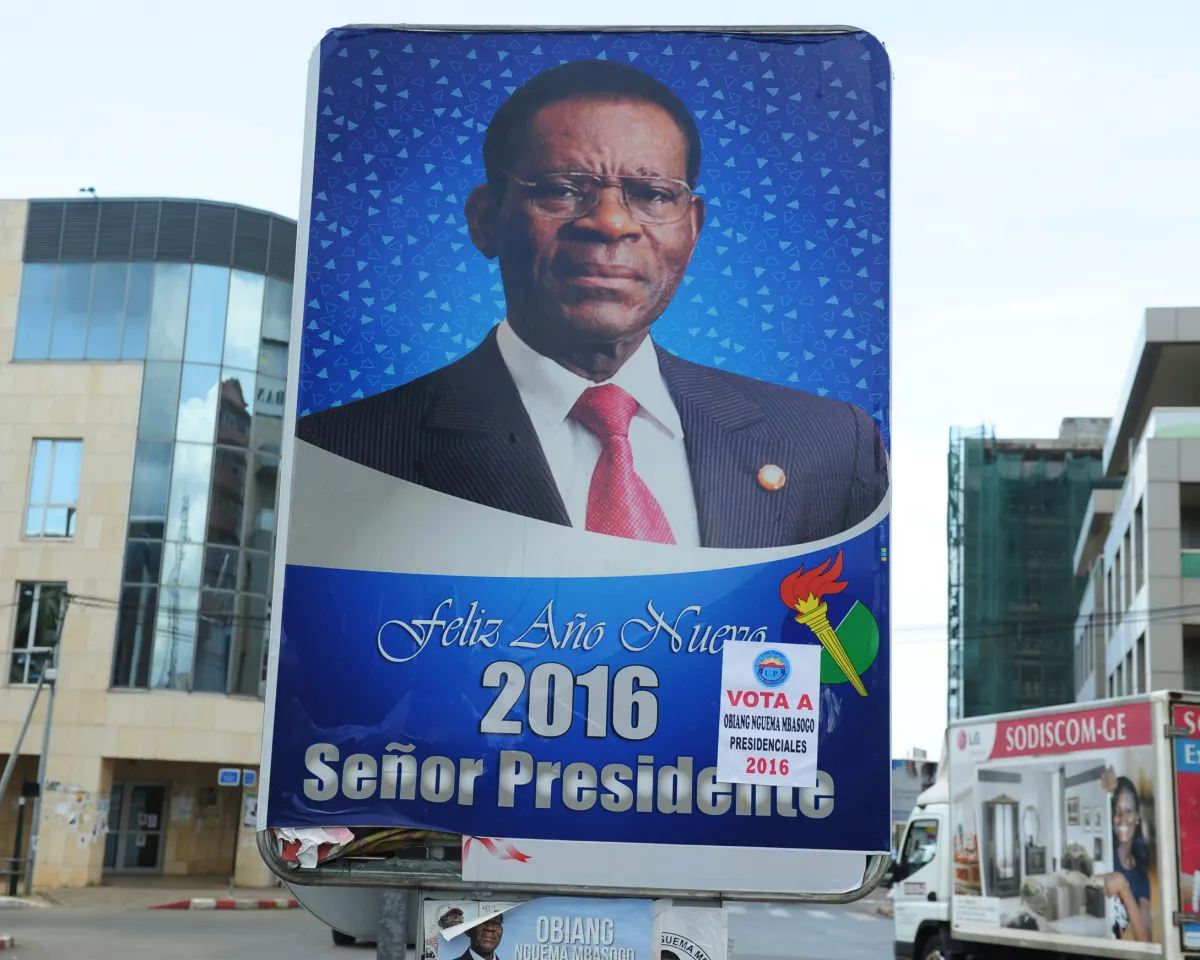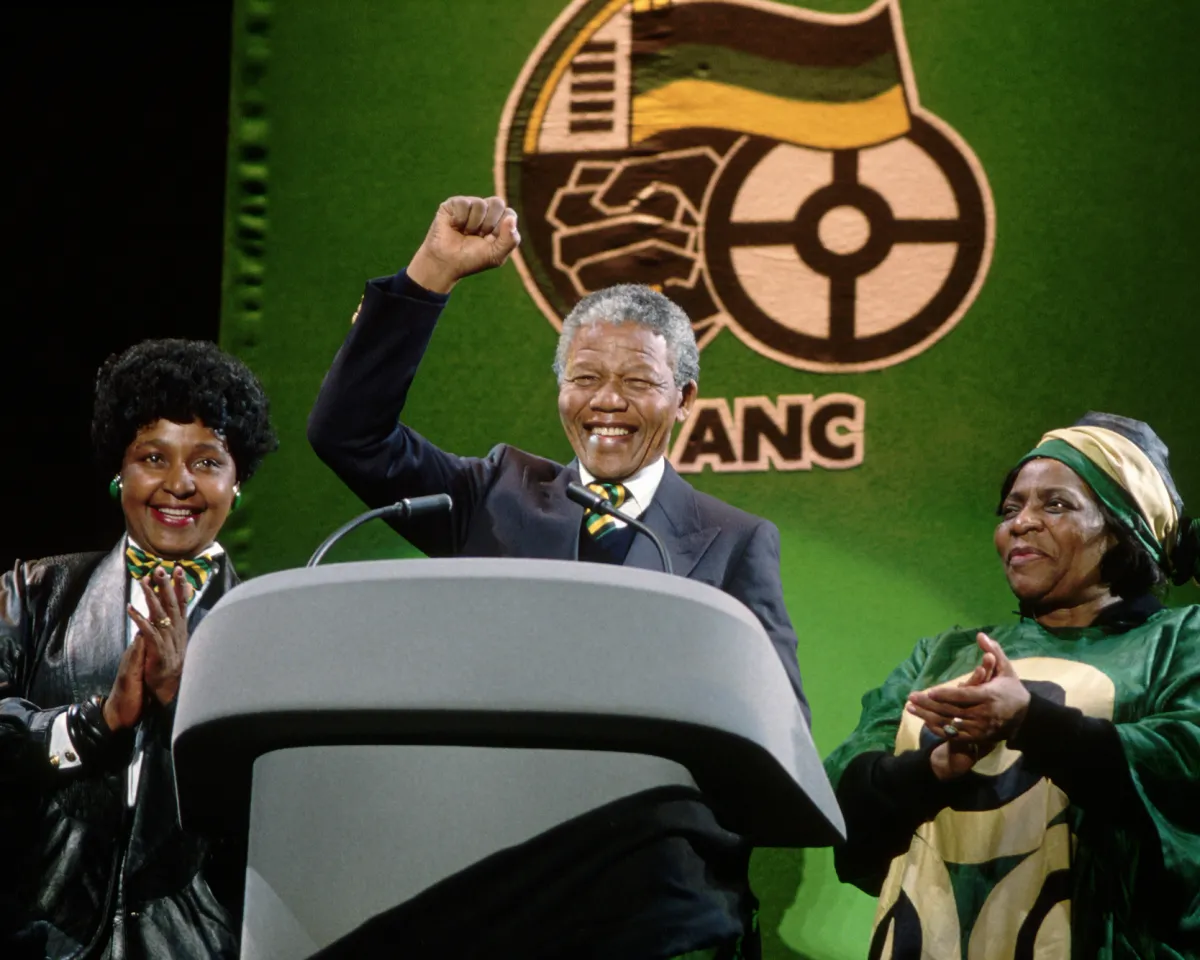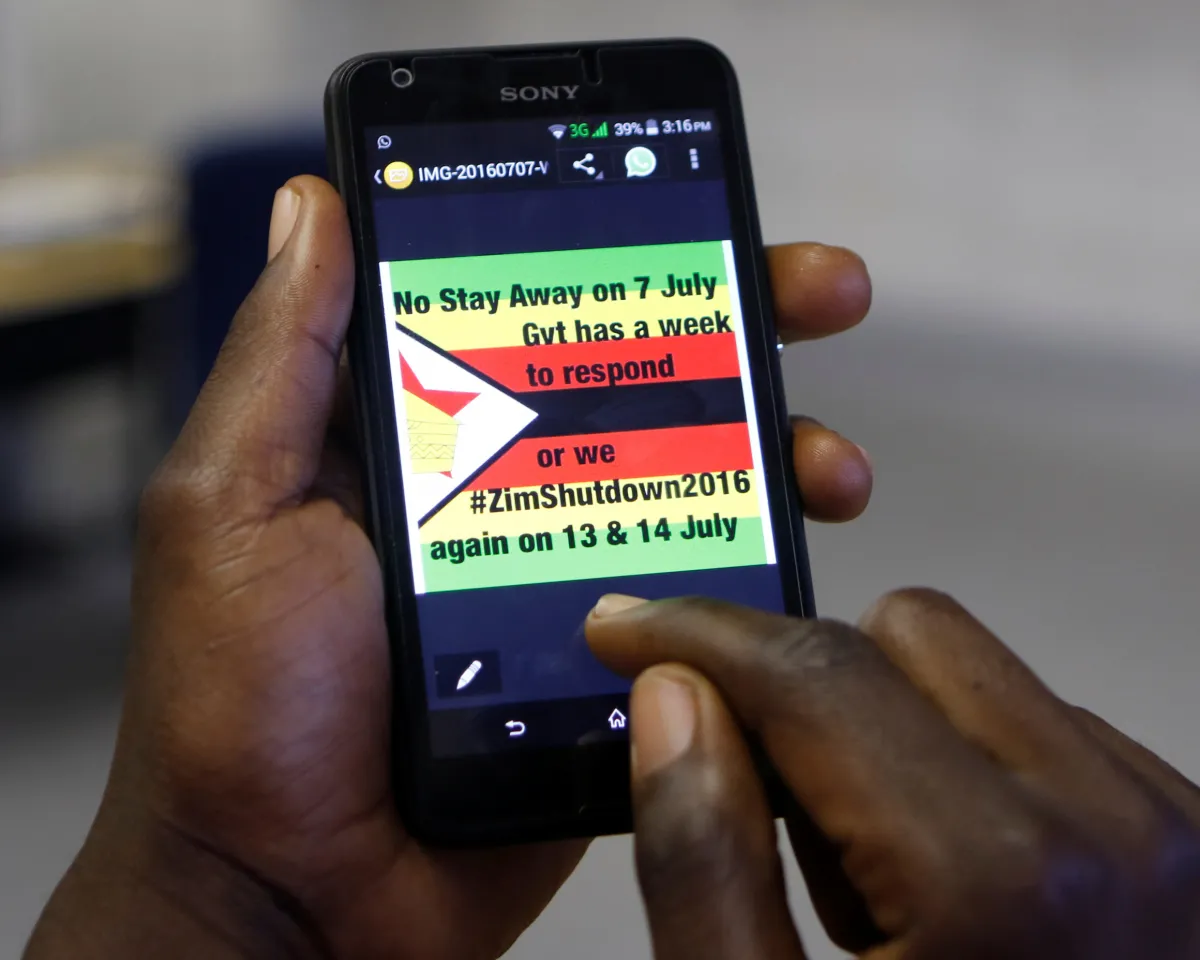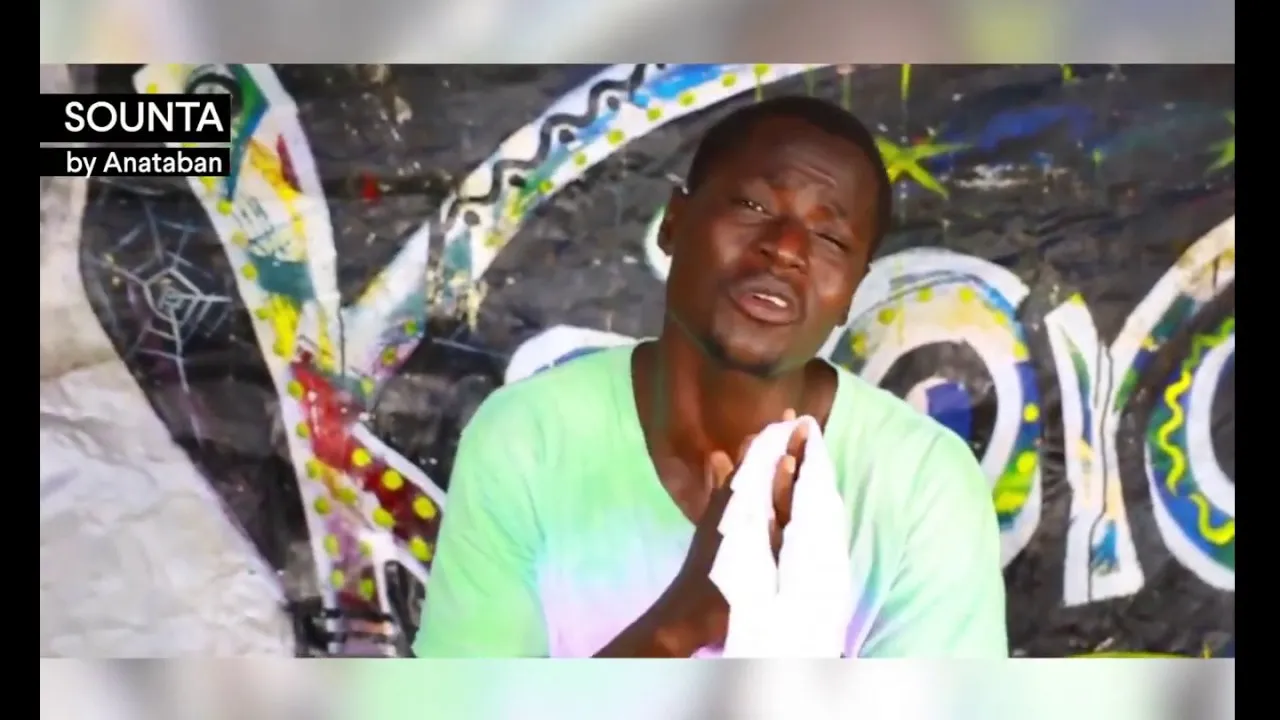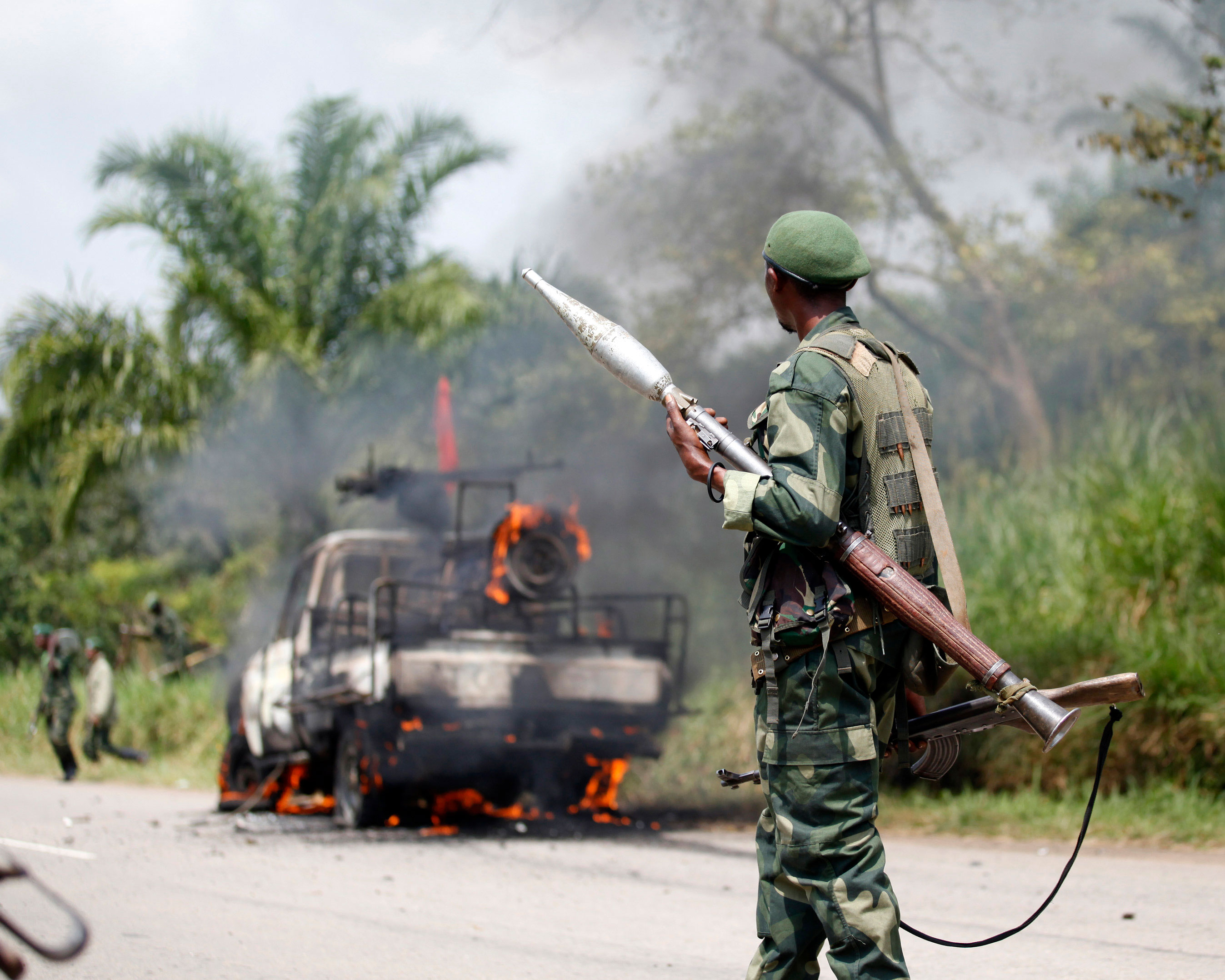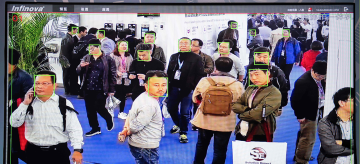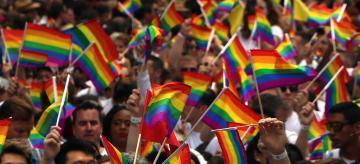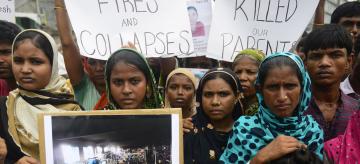Politics: Sub-Saharan Africa
By the late 1990s, most countries in the region had transitioned from being European colonies to becoming independent countries.
By the late 1990s, most countries in the region had transitioned from being European colonies to becoming independent countries. Some, such as South Africa and Botswana, formed democratically elected governments. In others, such as the Democratic Republic of Congo and Uganda, oppressive colonial governments were simply replaced by authoritarian regimes. Many of the governments formed by freedom fighters who led independence movements enjoyed widespread popularity for decades. But as quality of life has stagnated and new generations come of age, the legitimacy of these independence heroes has started to fade. Moreover, many African leaders continue to set dangerous precedents for democracy by refusing to cede power after their term limits are up. The region is also home to weak or fragile countries, such as Somalia and the Democratic Republic of Congo, which have been devastated by years of protracted conflict.
Diverse Forms of Governments Dot the Region
Between the 1960s and 1990s, most countries in the region had transitioned from colonial administrations and military governments to democratically elected governments. (Absolute monarchies also exist, in Eswatini and Lesotho.) Some countries have little political competition, which results in one political party dominating, while countries such as Nigeria, Senegal, South Africa, and Zambia hold regular elections in which the opposition parties have a reasonable chance of coming to power. Governments across the region range from Nigeria, with transparent elections and high levels of accountability, to Equatorial Guinea, where a powerful president maintains power through force. ‘Third termism’ is on the rise throughout the region, notably in Burundi, Cameroon, and Uganda, as ruling leaders reluctant to cede power amend term limits or ignore them altogether.
Legacy of Nelson Mandela’s Political Party Fades
One of the best-known political parties in the region is the African National Congress (ANC), who, under the leadership of Nelson Mandela, led the fight against apartheid. Formed in 1912 by Black South Africans, the ANC was banned from participating in politics in 1960 by South Africa’s ruling party. During their fight for representation, ANC members were beaten, exiled, jailed, and assassinated but eventually emerged victorious, winning South Africa’s first democratic elections in 1994 by a wide margin. These days, reports of massive corruption by ANC leaders and persistent inequality within South Africa have eroded the party’s legitimacy but the ANC has remained in power—in large part due to its status as the group that ended apartheid.
Freedom of the Press Under Fire
Many sub-Saharan African governments place heavy restrictions on the press, a tactic that often goes hand in hand with the repression of other civil rights and liberties. Election violence and rigging, suppression of political opposition, and murder or detention of journalists are common in some countries such as Gabon and Kenya. In fact, only nine countries in sub-Saharan Africa ranked as “free” on the Freedom House’s 2018 Freedom in the World ranking, which measures the condition of political and civil rights. Forty percent of the region’s forty-nine countries ranked as “not free,” though there are notable exceptions—countries such as Botswana, Ghana, Namibia, Senegal, and South Africa rank near the United States in terms of freedom.
Social Media: A Powerful Tool for Civil Society
Though the traditional media remains a strong force for democracy in the region, social media in particular has become a powerful tool for citizens and groups outside the government to voice dissent. In 2016, Zimbabweans took to Facebook, Twitter, and WhatsApp to broadcast their frustrations about President Robert Mugabe’s thirty-five-year rule using #ThisFlag. Social media gave Zimbabweans a way to build an opposition movement in a country where the government had cracked down on virtually all forms of dissent.
Protesting Youth Call for Change
In countries with aging leaders and young populations, there are lots of sub-Saharan Africans who weren’t even born when their presidents took power. But young people are increasingly getting involved in politics and setting the political agenda across the region. In Zimbabwe, 60 percent of voters are under the age of forty. In Senegal, a group called Y’en a Marre (We’re Fed Up) registered and mobilized nearly 400,000 young voters to defeat the incumbent president. And in Burkina Faso a youth-led movement called Le Balai Citoyen (The Citizen’s Broom) helped sweep the country’s president out of power after twenty-seven years. This trend will undoubtedly continue: by 2030, 42 percent of Africa’s 1.6 billion people will be between the ages of fifteen and thirty-five.
Domestic Conflicts Present Growing Threat
Though large-scale conflicts between countries are on the decline in sub-Saharan Africa, smaller domestic conflicts are surging, especially in the Sahel (the band of land south of the Sahara Desert) and in the Horn of Africa, which encompasses the East African countries Djibouti, Eritrea, Ethiopia, and Somalia. Many involve terrorist organizations such as Boko Haram in Nigeria and al-Shabab in Somalia, which carry out deadly attacks and mass kidnappings. In addition, a recent resurgence of violence in the protracted domestic conflicts in the Democratic Republic of Congo, the Central African Republic, and South Sudan has triggered a humanitarian catastrophe by creating large numbers of refugees and internally displaced people.
